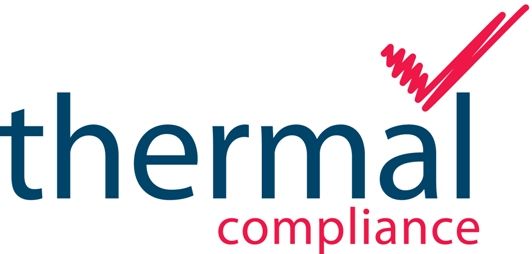What is a Warm-Up Cycle?
Do You Really Need to Perform a Daily Warm-Up Cycle?
While it's still common practice to perform a daily warm-up cycle, it’s not always necessary. Most modern autoclaves come equipped with a pre-heating phase, where the chamber jacket heats up to its operating temperature before the actual sterilization cycle begins. This pre-conditioning step can often eliminate the need for a separate warm-up cycle.
In some cases, autoclaves are operated with the jacket permanently heated, which also negates the need for a daily warm-up.
In some cases, autoclaves are operated with the jacket permanently heated, which also negates the need for a daily warm-up.
Can You Combine a Warm-Up Cycle with a Bowie-Dick Test?
How Can a Warm-Up Cycle Help Prevent a Leak Rate Test Failure?
Validation Training Course -
Would you like to learn more?
Our 'Advanced Autoclave Validation' course covers all the routine testing requirements to ensure your autoclave remains in compliance.
Write your awesome label here.

